If you are lucky you had a high school teacher who touched your life in some major way that made a difference in who you became. I certainly did. He was Lynn Tewksbury who I learned this morning passed away a week shy of his 85th birthday. He was my wrestling coach and line coach for football. High school sports for me was a transformative experience. It allowed an uncommonly shy boy to gain confidence and demonstrate some well hidden leadership potential. Coach Tewksbury not only provided the opportunity for me to grow he was the reason I grew.
Coach Tewksbury was my gym teacher when I moved to Phelps in January of 1961. I remember one of my first 6th grade gym classes in Phelps. You can guess what unit coach was teaching... wrestling. I was a Long Island suburban kid lost on the farm. I knew virtually nothing about wrestling and was grateful to fellow student Gary Carroll for showing me the basics so I didn’t look completely stupid. It was obvious to coach Tewksbury how little I knew but when he showed us how to do a switch and with Gary’s help I actually did it. Coach commented, “You’re a fast learner.” A kid who was too shy to go out for little league baseball and had never shown any propensity for sports had just received a compliment for something physical. It was a great feeling.
To be honest wrestling was not my first choice of winter sports. My first upstate New York winter I put a rim up in my barn and shot baskets all winter long. I fell in love with basketball and finally got the nerve to go out for 8th grade basketball team. Science teacher Mr. Silver was the coach and he broke my heart when I was one of the last players cut. I heard years later that Coach Tewksbury told Mr.Silver that I would never be much of a basketball player and that I should be a wrestler. Mr. Silver made sure that happened. It was a smart move considering I never got over 5’9”.
Thanks to pressure from sister Esther’s male classmates (Class of ‘64) I went out for football my freshman year. I can’t say I loved it at first. It was more like I was terrified of it. Slowly, as I gained more skill I gained confidence. As I gained confidence I started having fun. I’ve long felt that self-esteem and confidence comes from doing something well. Coach Tewksbury helped me learn to do something pretty well. I was never a natural athlete but I had a good work ethic and once I had a little taste of success I wanted more of it. Football season turned to wrestling season and it just seemed to make sense to go out for wrestling. I remember coach’s wrastle route. I can’t remember how long it was but it seemed like forever and we ran it every day before practice.Once a week we had to do a timed run. If we didn’t beat our previous timed run we had to run it again. No one wanted to run it again. I didn’t and I never did.
What do I remember about Coach Tewksbury. He was tough but fair. I don’t remember him being a yeller. Perhaps he raised his voice but I don’t remember it. I remember he was a terrific role model. He walked the talk. He was the kind of guy that you didn’t want to let down. You wanted to do your best. I also remember he had a good sense of humor. He wasn’t afraid to have fun with us. In both football and wrestling I remember having fun. In particular I remember playing games of euchre in the back of the bus on our way to far away tournaments.
I’ve probably gone on too long and too much about me rather than coach Tewksbury but let me wrap up with a few last thoughts. We had a heck of a team our senior year. Best senior wrestlers on our team hands down; Lee Deruyter and Billy Nolder. Dave Williamson, who I had to wrestle off with each week, was the strongest. Lee at about 5’ 10” tall and weighing in at about 135 provided the definition of lanky. He was sectional champ! I remember Billy as being small at 100 lbs and tough as nails. Those two were guaranteed points during our matches. Dave and I competed every week. Over the year I was incredibly lucky to win my share of wrestle offs with him but I dreaded our matches. Dave frequently had to wrestle above his weight and usually brought us more points. My hats off to these guys and the rest of my wrestling teammates!
Lastly I share what coach Tewksbury wrote in my yearbook. Some will remember that he had great handwriting and would write with a ruler. “You’ve been a pleasure to work with, may every chance for success and happiness come your way.” With much thanks going to you coach I’ve been fortunate to have my had my share of success and happiness.
RIP

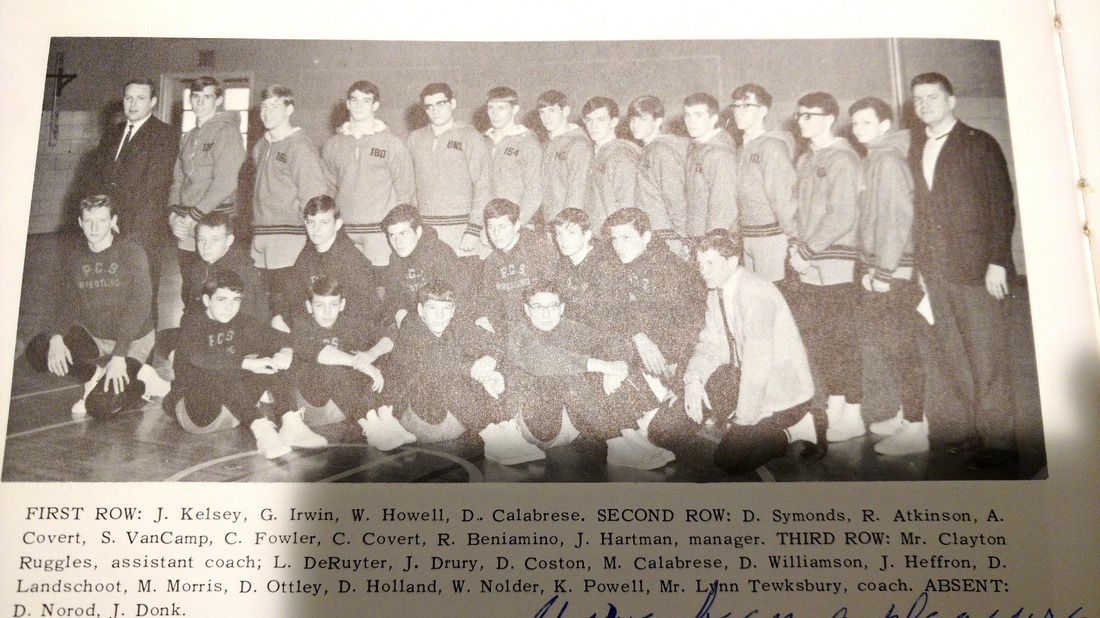
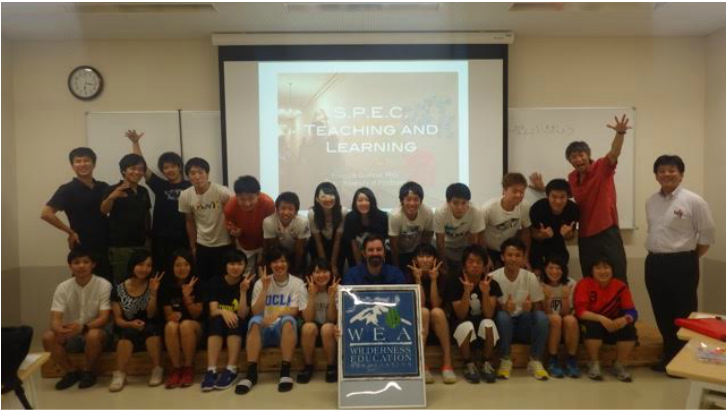
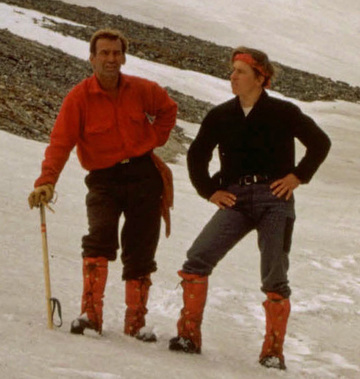
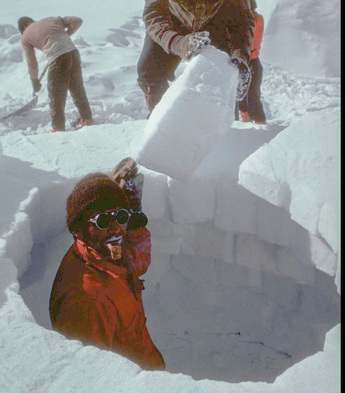
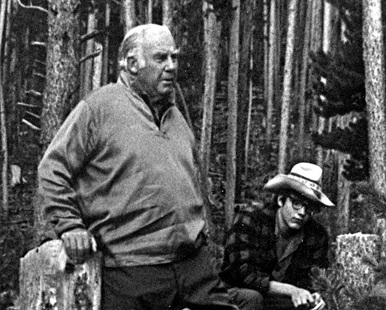
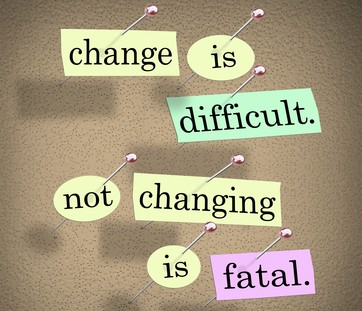

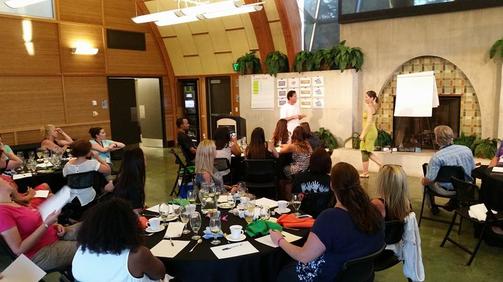

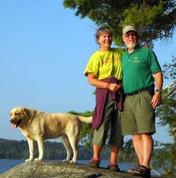
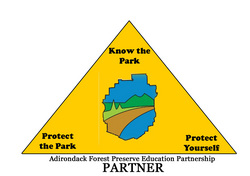
 RSS Feed
RSS Feed

